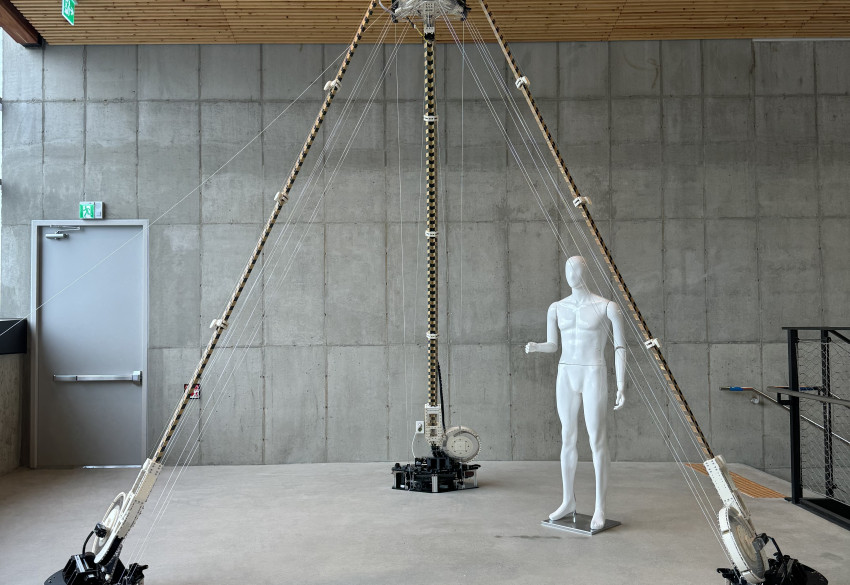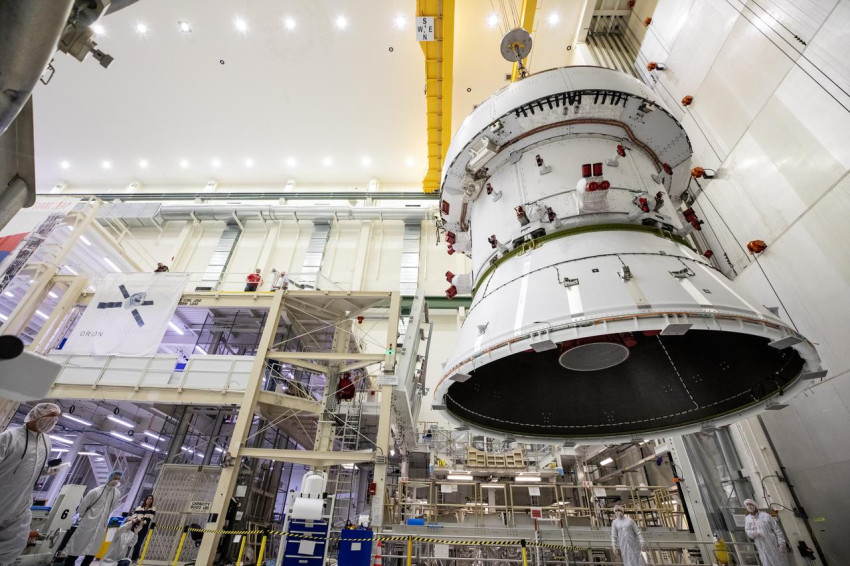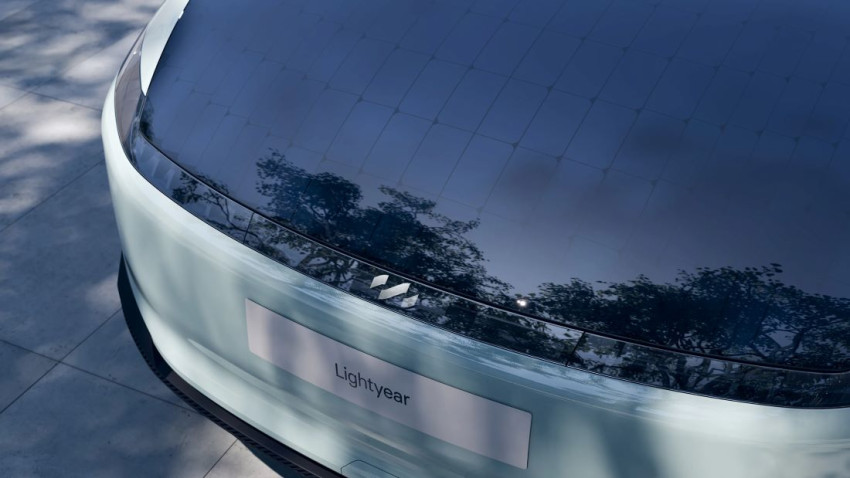
Extracting CO2 from air becoming cheaper
Turns out it's cheaper than we thought to extract CO2 from the air. This has become apparent from a new cost analysis by American scientists and engineers. Depending on technical details and economic conditions, this process costs between 94 and 232 dollars (80 to 197 euros) per ton CO2. Up till now, the estimated costs were around 600 dollars per ton.
It's a good thing that humanity is switching to more sustainable ways of generating energy, such as the use of wind turbines and solar farms. But everything suggests that this transition is occurring too slowly to keep global warming below 2 °C, the primary objective of the ‘Paris Agreement’.
To reduce CO2 concentrations in the atmosphere, we probably cannot avoid having to extract CO2 from the air and store it, in the ground for instance. Technology has already been designed for this purpose, as demonstrated by companies such as Carbon Engineering and Climeworks.
The thing is, this technology is rather expensive. The most recent cost analysis for CO2 extraction dates from 2011, which came up with a price of 600 dollars (euros) per ton CO2.
Much cheaper
However, there's good news: as of 2018, it's got much cheaper, reports the academic journal Nature in a news story. In an article in trade journal Joule (open access), researchers from Harvard University and the company Carbon Engineering estimate that extracting a ton of CO2 from the air would now cost between 94 and 232 dollars. They also describe in detail how their system in Canada works to extract CO2 – on a small scale – from the air.
Carbon Engineering does this by blowing air through towers using large fans. In the towers, the CO2 from the air reacts with potassium hydroxide to form potassium carbonate. Via an intermediate step, this is converted into calcium carbonate granules, from which pure CO2 can be retrieved by heating. By pressurising this, it can be turned into a fluid and pumped into the ground. A net amount of CO2 has then been removed from the atmosphere.
Location
By the way, that range of 94 to 232 dollars per ton is so broad that the precise price depends entirely on the technology used and the conditions of the location where you set up the plant. All CO2 extraction techniques require heat, and if that is available in abundance – see the example of Iceland – then CO2 extraction is a lot cheaper.
The Swiss company Climeworks says, for example, that CO2 extraction at their trial plant in Iceland costs as little as around 100 dollars/ton (read: ‘Trial with CO2 collector in Iceland’). If this technique were used to compensate CO2 emissions from petrol, you would arrive at a price increase of 0.22 dollars per litre of fuel, university researcher Klaus Lackner from Arizona State University said to Nature. ‘That's a sharp price rise, but not insurmountable.’
So the outlook for CO2 extraction technology now appears a lot rosier than a few years ago. The costs appear to be surprisingly low and will continue to drop, as is always the case with technology that is further perfected and scaled up.
At the source
And yet the processes to extract individual CO2 molecules from the air are still complicated. Some people think that it might be smarter to tackle the problem at the source: where CO2 is released. For instance, a new type of gas-fired power plant is being developed (read: ‘Gas-fired power plant with minimal CO2 emissions’), with most of the CO2 being pumped round and a small amount of CO2 emerging in liquid form. The latter of these is handy, as it is then directly ready for storage in the ground or for useful application by oil concerns.
Fuels
The CO2 extracted from the air can also be used to make synthetic fuels. Carbon Engineering in British Columbia, Canada, does this on a small scale. It's more expensive than making the fuels from oil out of the ground, so subsidies are required. And synthetic fuels, which are of course ultimately combusted, do not help to reduce CO2 in the atmosphere, which is what we need to do to slow down global warming.
This video effectively explains what Carbon Engineering does:
If you found this article interesting, subscribe for free to our weekly newsletter!
Opening photo: Climeworks






